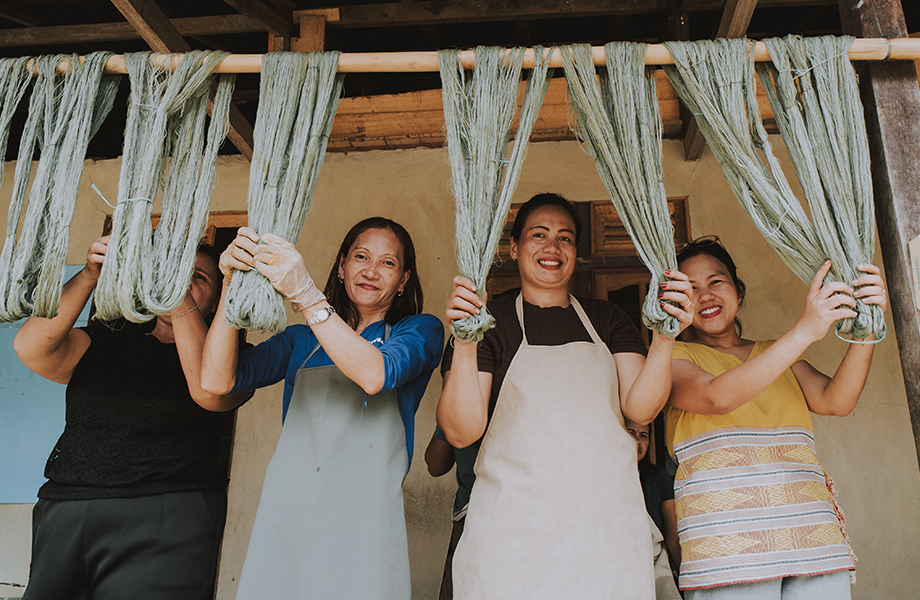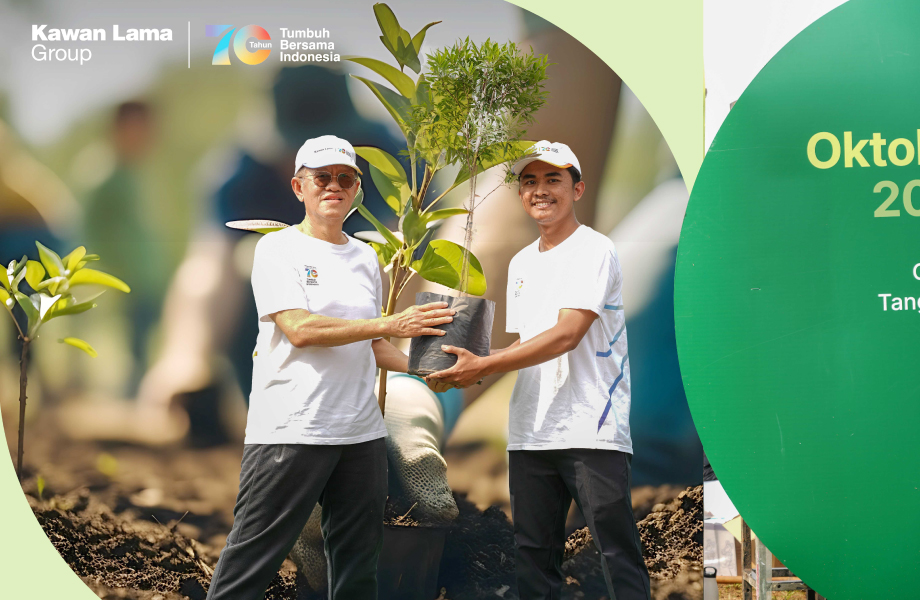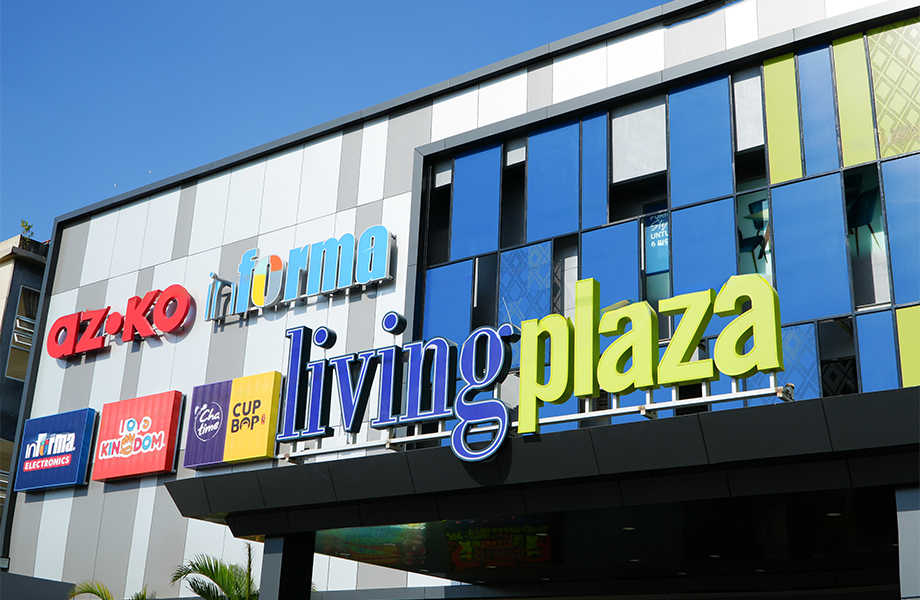As part of its long-term commitment to strengthening the role of women weavers and reviving local cultural-based economic potential, the Kawan Lama Foundation—established by Kawan Lama Group—continues to strengthen its dedication to community empowerment through the Aram Bekelala Tenun Iban program, continuing collaborations with Cita Tenun Indonesia to enhance weaving techniques and capacity-building in Kapuas Hulu, West Kalimantan.
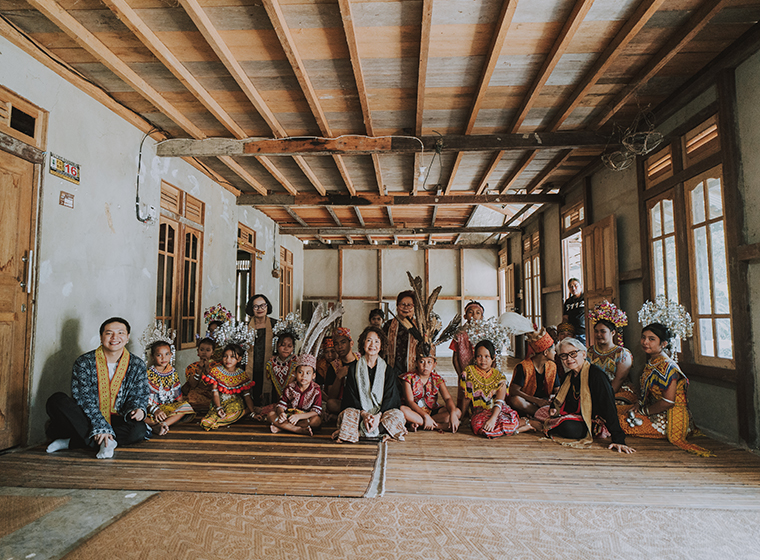
Through the Training of Trainers (ToT) approach, 20 female weavers were trained as local facilitators who successfully reached over 80 other weavers. Until July 2025, more than 100 active weavers have participated in the program, reflecting the success of this community-based empowerment strategy. Adding further value, the foundation collaborated with talented young Indonesian designer Wilsen Willim, who helped translate the rich heritage of Iban woven textiles into a ready-to-wear fashion collection that aligns with modern market preferences, while preserving the cultural values embedded in the fabric. Support from local government and Lingkar Temu Kabupaten Lestari has also opened the door for integrating the program into regional development planning and enabling replication in other areas with similar cultural and social potential.
Tasya Widyakrisnadi, Chairwoman of Kawan Lama Foundation, stated, “In this training, we involved strategic partners like Wilsen Willim and Lingkar Temu Kabupaten Lestari, who have strong track records in community development and capacity building, to ensure the program not only runs effectively but also delivers long-term impact. This synergy is strengthened by the support of the Kawan Lama Group’s retail ecosystem, which has been serving communities across Indonesia for over 70 years. Through this cross-sector collaboration, we aim to address challenges while promoting an inclusive and sustainable circular economy—especially for weaving communities, who play an essential role in preserving Indonesia’s cultural heritage.”
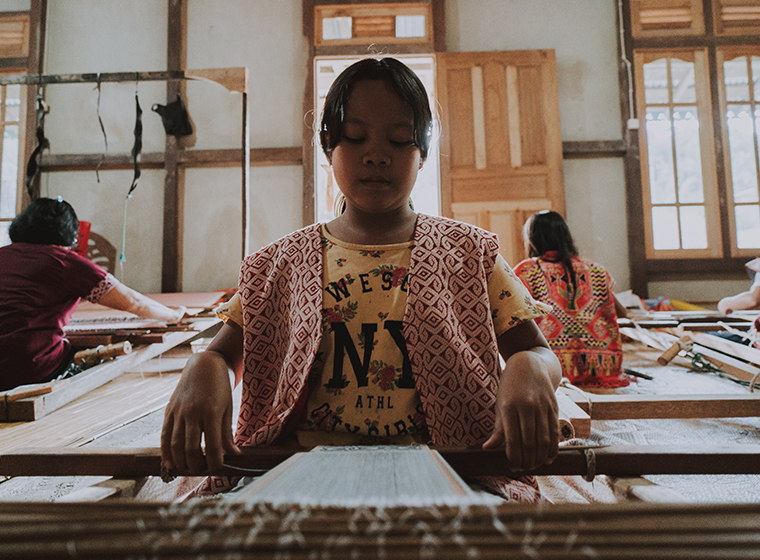
The Aram Bekelala Tenun Iban initiative also emphasizes the use of natural dyes from local plants such as ketawang, gambut, and kratom leaves. Since early 2025, this exploration has successfully expanded the range of colors from six to 69, using 23 species of local plants. These results not only highlight the rich biodiversity of West Kalimantan, but also produce distinctive colors not found in other regions. Besides being safe for both the weavers and wearers, this approach enhances the community’s skills in processing natural dyes, strengthens their cultural identity, and contributes to sustainable cultural practices. Planting dye-producing species in home gardens and customary forests has also become a vital part of community-based conservation efforts.
More than just producing textiles, Aram Bekelala Tenun Iban now touches on broader social aspects. As part of the training, the Kawan Lama Foundation also promotes initiatives that support access to basic education and cultural awareness for the children of weavers. This effort was started from the belief that cultural preservation must go beyond the product and ensure the sustainability of the community itself. Regeneration is therefore key. By opening educational opportunities for the children of weavers, the program not only instills cultural values from an early age but also prepares a new generation capable of nurturing and developing this cultural legacy. This initiative plays a crucial role in building a resilient and inclusive cultural ecosystem that spans generations.
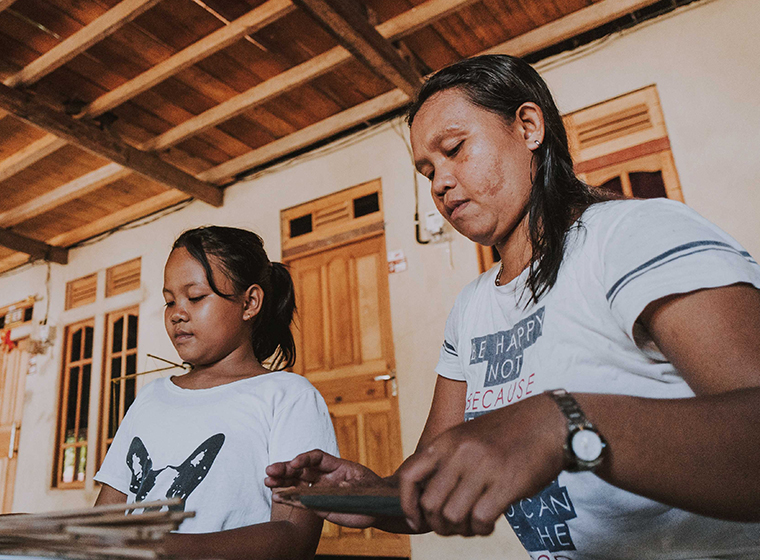
Midun, S.Pd., Head of Rantau Prapat Village, expressed his appreciation: “This program has brought a truly positive impact to our community, especially for women weavers and even their children. Over the past six months, participants have not only received technical training but also experienced greater empowerment, both economically and socially. The role of the Kawan Lama Foundation and its partners is significant in opening access and broadening our residents’ horizons. We’ve seen directly how the enthusiasm and skills of the weavers have grown, and we believe this marks the beginning of long-term, sustainable change.”
Previously, Kawan Lama Group, through Pendopo, had also carried out cultural preservation programs by empowering traditional weavers in Buleleng, Bali, and Sikka, East Nusa Tenggara. This effort is part of Kawan Lama Group’s ongoing contribution to preserving the nation’s cultural heritage through community empowerment.
